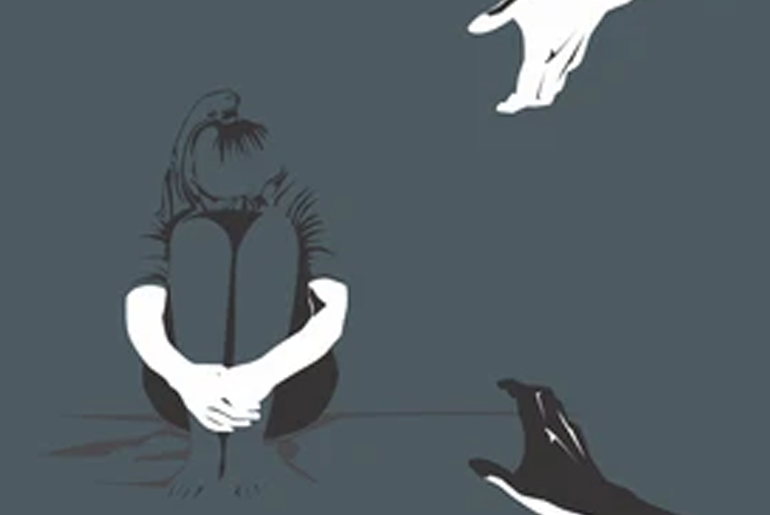Bullying and narcissistic abuse can have profound and multifaceted impacts on individuals, affecting various aspects of mental and emotional well-being. Narcissistic abuse, often stemming from childhood experiences with emotionally immature or narcissistic parents, can lead to deep-seated emotional trauma and feelings of worthlessness. Similarly, bullying, whether experienced at home or in educational settings, can cause long-term psychological harm, including anxiety, depression, and cognitive difficulties. Both forms of abuse can damage self-esteem, impair cognitive functioning, and contribute to the development of mental health disorders. Recognizing and addressing these issues requires comprehensive support systems and interventions aimed at healing past traumas and fostering healthier relationships and self-perceptions.
Experiencing constant criticism, insults, and belittling comments aimed at one’s character, appearance, or abilities can deeply affect an individual’s self-esteem and emotional well-being. In addition to these verbal attacks, feeling controlled by guilt, shame, or fear, with the threat of withheld love or approval if compliance with demands isn’t met, further exacerbates feelings of powerlessness and emotional distress.
Effects of bullying and narcissistic abuse:
- Brain Damage and Impairment: Abuse can lead to physical damage to various parts of the brain responsible for social interaction, cognition, and emotional regulation. This damage can impair the ability to think clearly and address emotions effectively.
- Social Cue Misinterpretation: Individuals who have experienced bullying and abuse may develop a hypersensitivity to social cues, often perceiving benign situations as threats. This can lead to misinterpretation of social cues and inappropriate responses.
- Cognitive Impairment: Chronic abuse can interfere with cognitive processes, making it difficult to think clearly and solve problems. This impairment can extend to both simple and complex tasks, affecting daily functioning.
- Emotional Dysregulation: Abuse can cause significant disruptions in emotional regulation, leading to mood swings, feelings of being overwhelmed, and frequent episodes of crying. This is due to damage to the brain areas involved in emotional processing.
- Stunted Brain Development: Prolonged exposure to abuse can hinder the normal development of the brain, including the creation of new brain cells and the formation of neural connections. This can have long-term implications for cognitive and emotional functioning.
Overall, experiencing abuse can have profound effects on both the structure and function of the brain, leading to a range of cognitive, emotional, and social difficulties. Seeking support from mental health professionals can be crucial in addressing these challenges and promoting healing and recovery.
Parental bullying:
- Constant Criticism and Belittling: Parents may engage in relentless criticism, insults, or demeaning comments towards their child, targeting various aspects of their character, appearance, or abilities.
- Control Tactics: Parents may use guilt, shame, or fear to manipulate and control their child, often threatening to withhold love or approval if the child doesn’t comply with their demands.
- Dismissal of Feelings: The child’s feelings and experiences are disregarded or ignored, leading them to feel insignificant or unworthy of attention or support.
- Reality Distortion: Parents may deny or distort the child’s reality, causing them to doubt their own perceptions, memories, or experiences.
- Over-Control or Neglect: Parents may exert excessive control over the child’s life, engaging in micromanaging behaviors or neglecting their emotional or physical needs.
- Sibling Conflicts: Children may be caught in conflicts or competitions between siblings, often due to parental favoritism or manipulation.
- Financial Manipulation: Parents may use control over finances as a means of manipulation or punishment, exerting power and control over their child.
- Public Criticism or Shaming: Children may be publicly criticized or shamed by their parents, damaging their self-esteem and sense of worth in front of others.
- Blurred Boundaries: Boundaries between parent and child may be overly blurred, with parents expecting the child to fulfill their emotional needs or serve as a confidant, leading to a lack of autonomy and independence.
These behaviors can have significant and long-lasting effects on the child’s self-esteem, emotional well-being, and relationships. It’s essential for individuals who have experienced parental bullying to seek support from trusted friends, family members, or mental health professionals to address the trauma and heal from its effects.
Disclaimer:
The information contained in this article is for educational and informational purposes only and is not intended as a health advice. We would ask you to consult a qualified professional or medical expert to gain additional knowledge before you choose to consume any product or perform any exercise.







